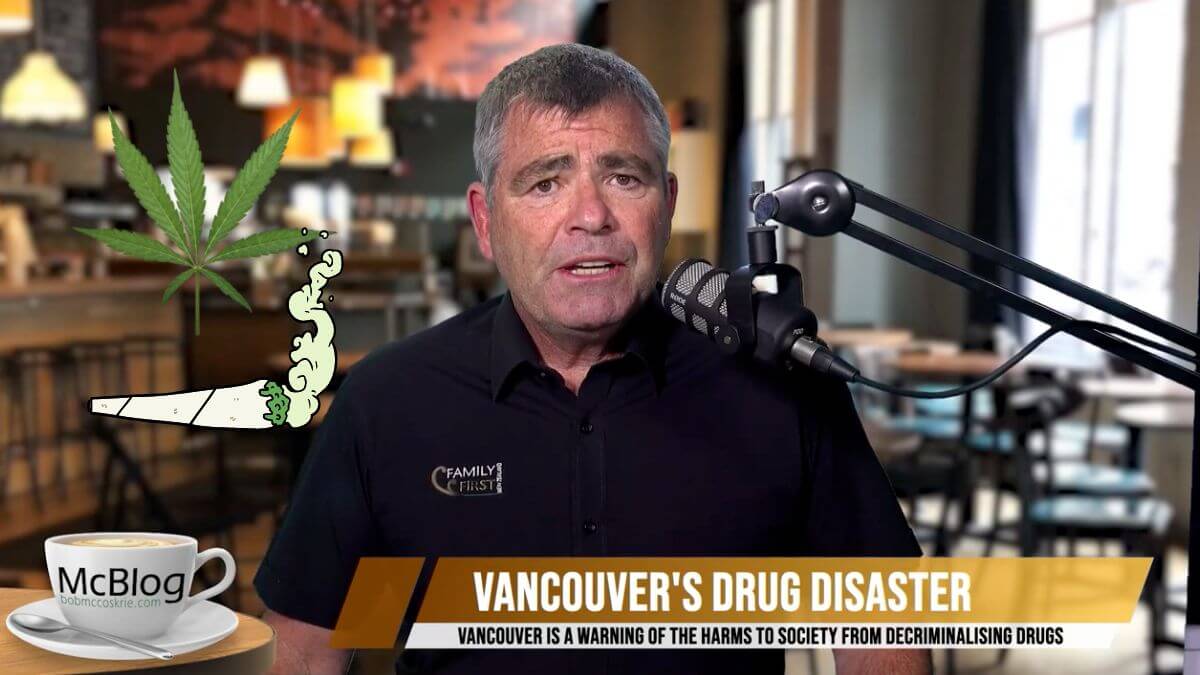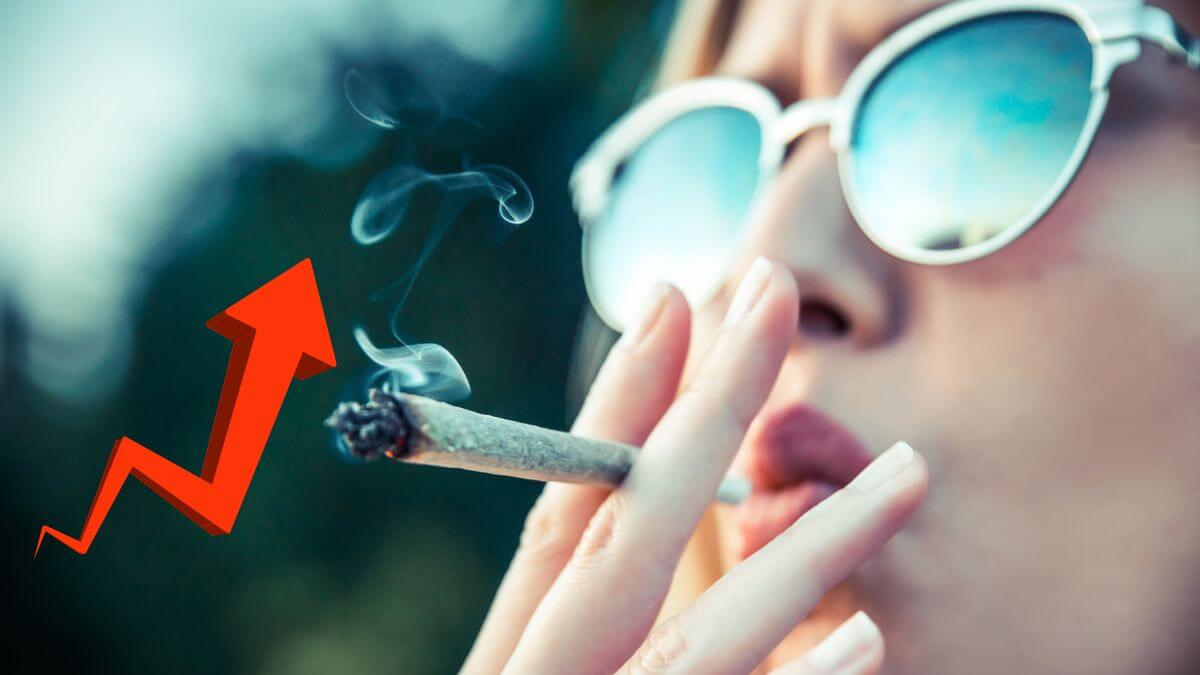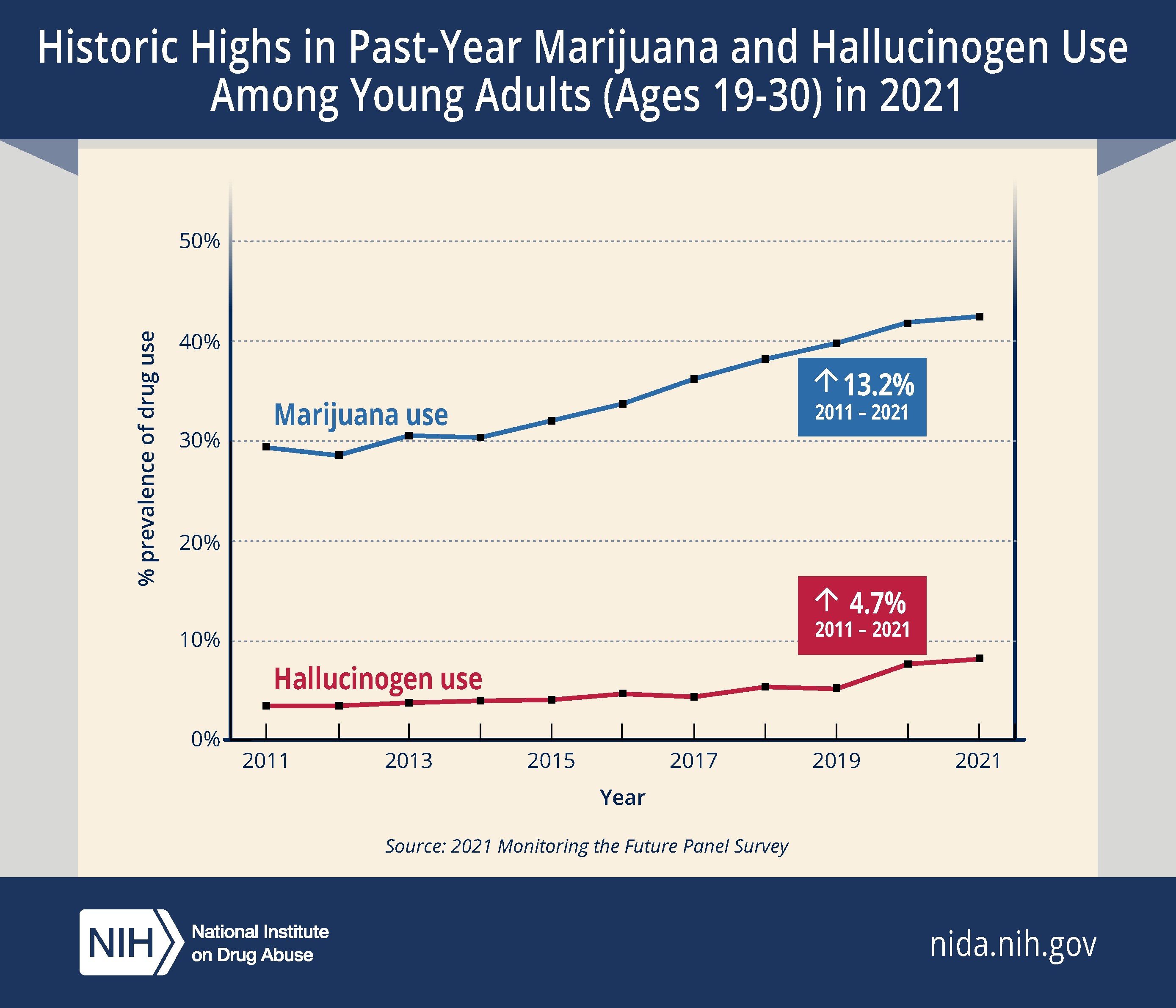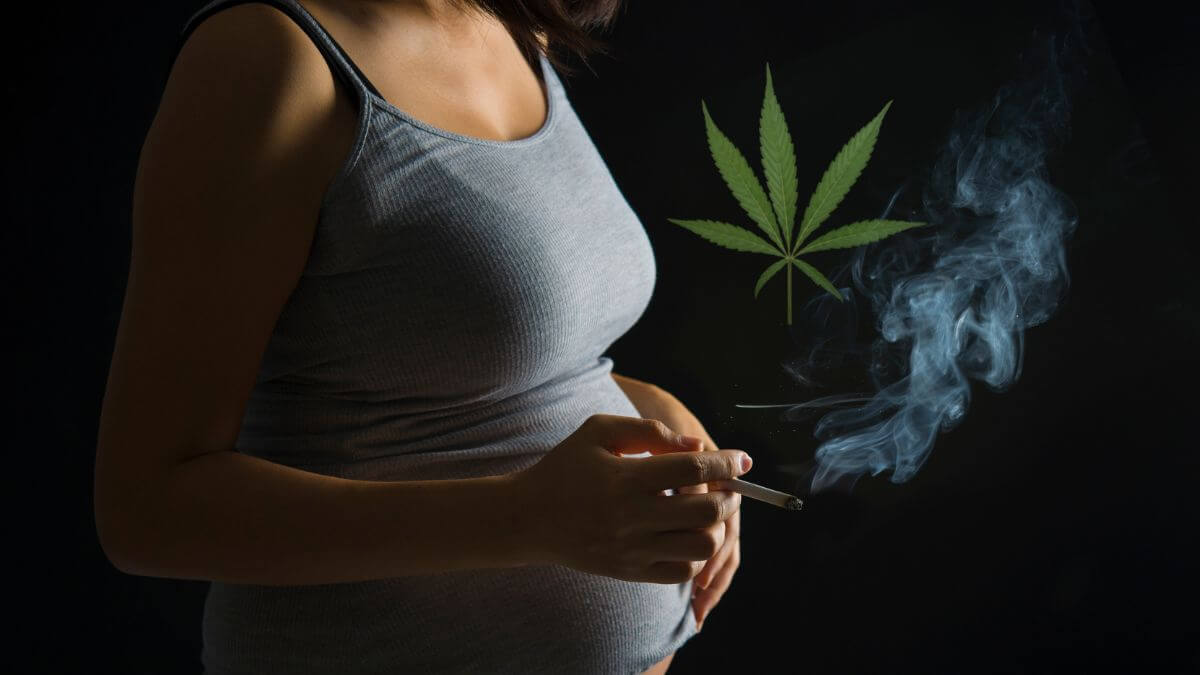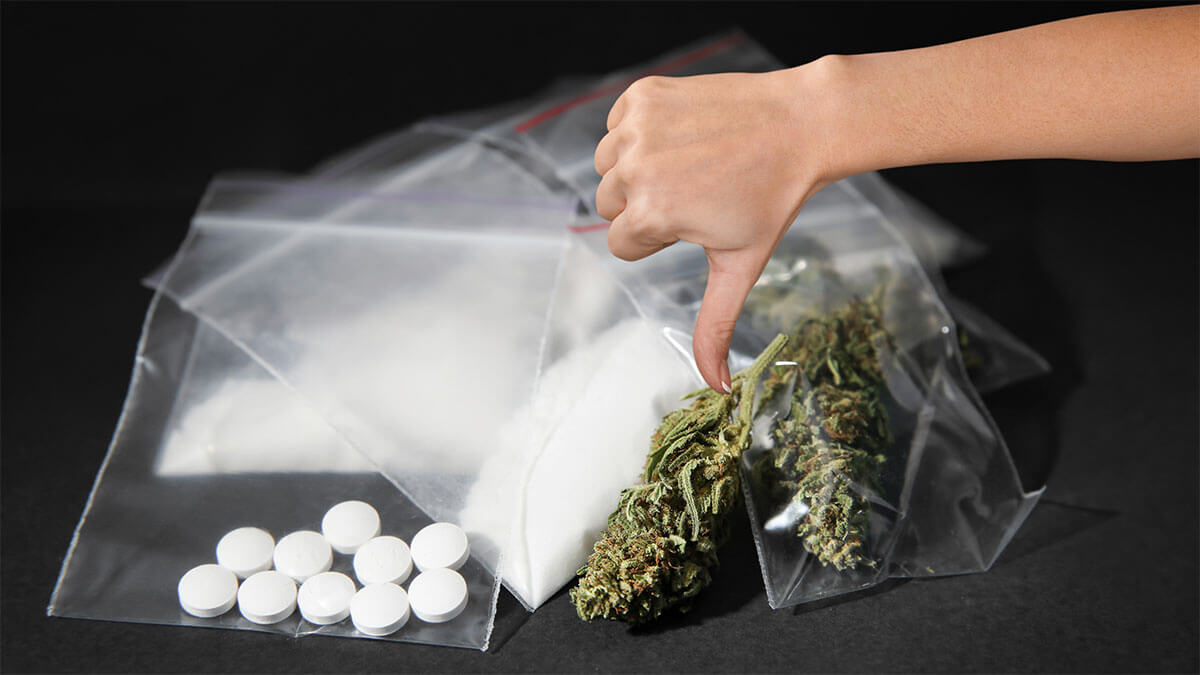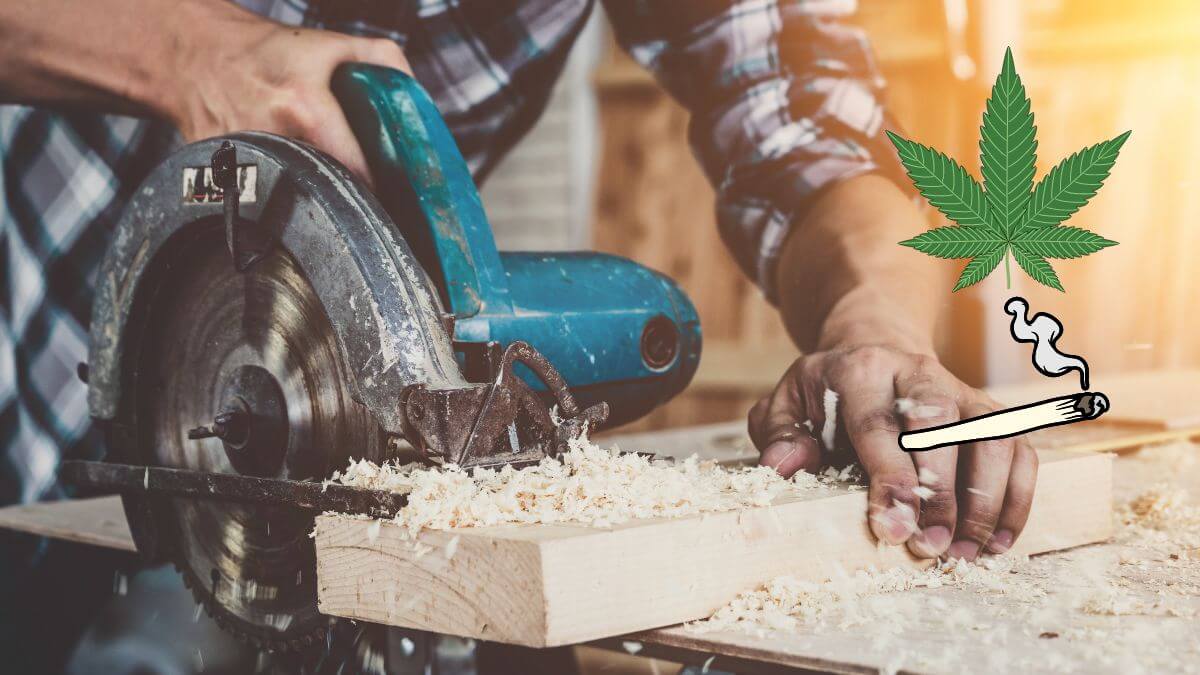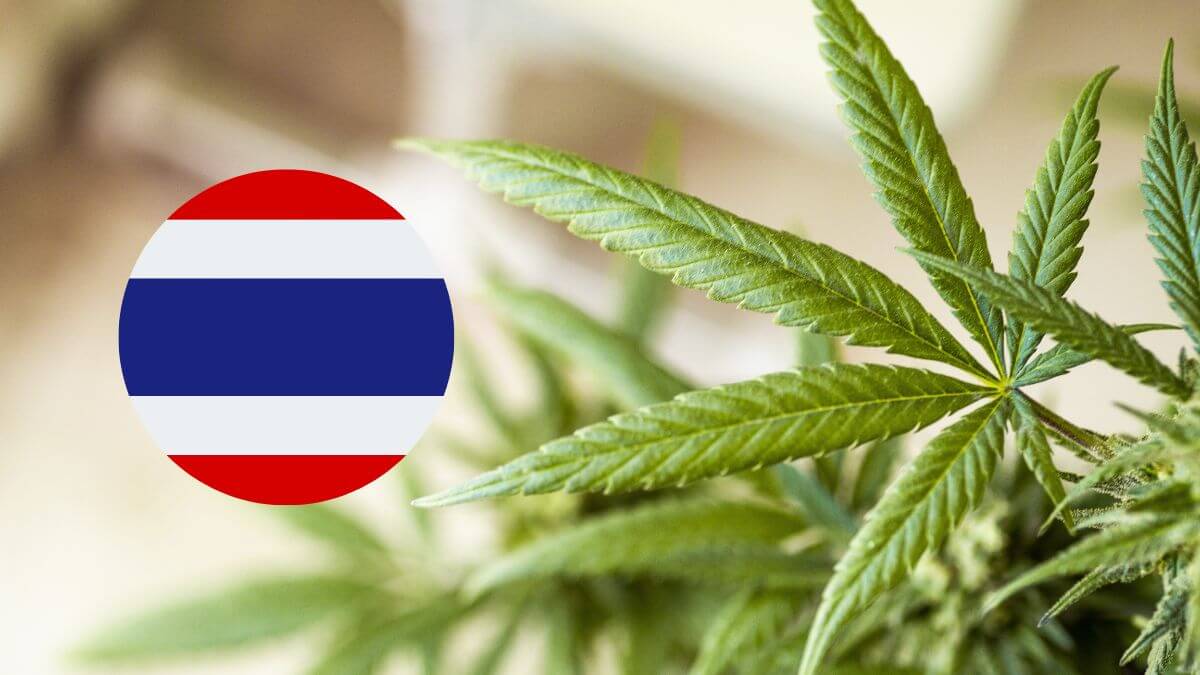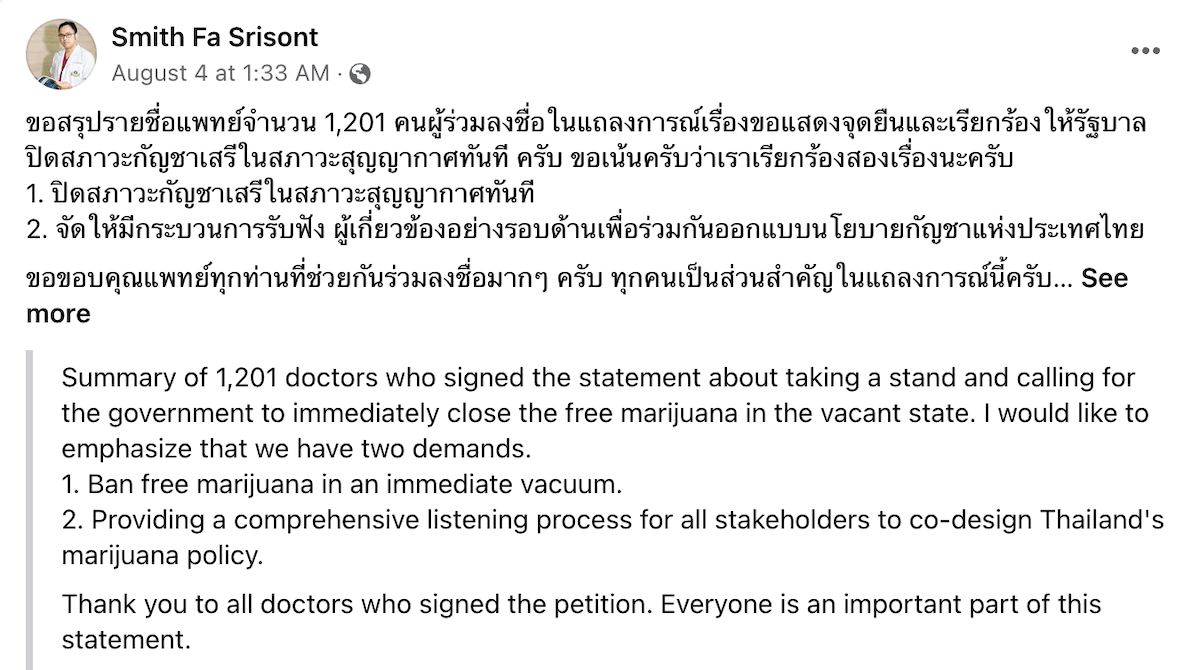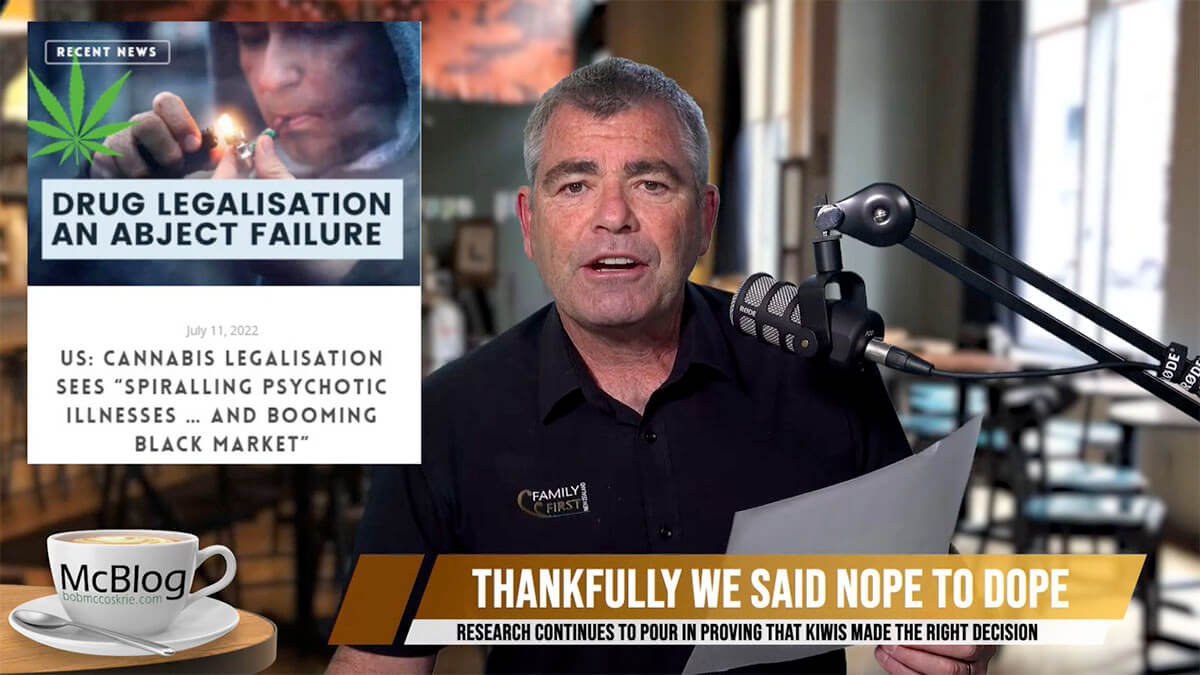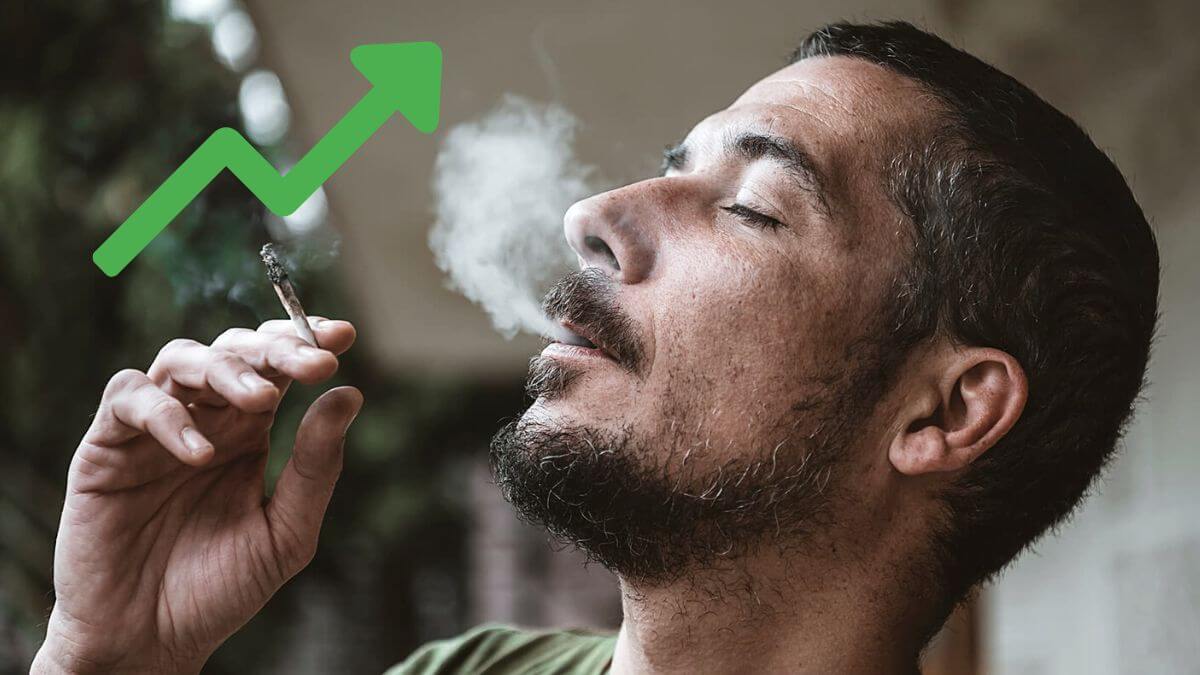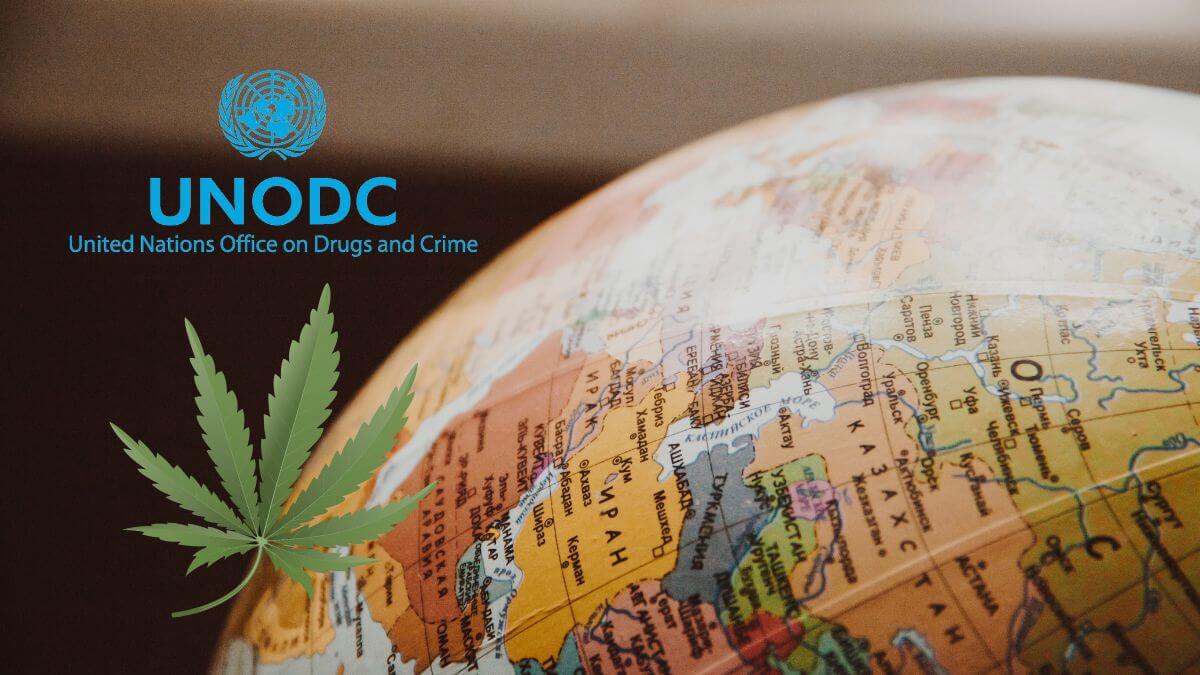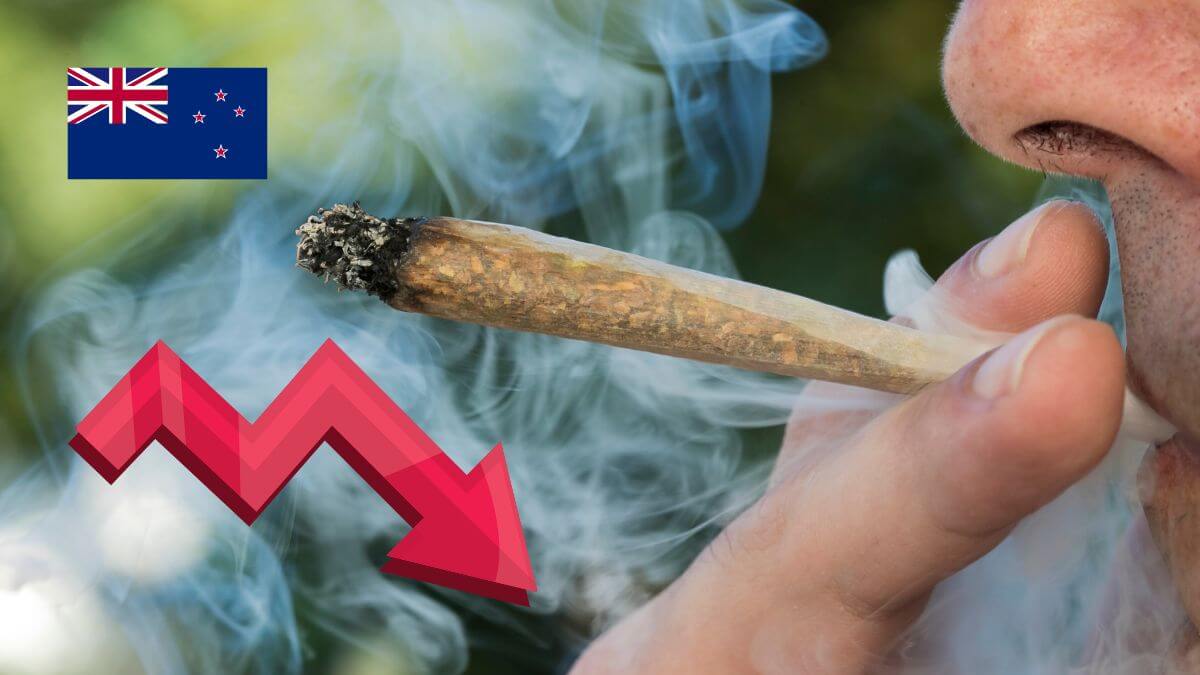
Past-year and weekly use of cannabis continues to fall since the public debate on legalisation, according to the latest NZ Health Survey results.
As expected, there was a notable increase in usage in 2018/19 as the cannabis legalisation debate was launched, but since the successful NO vote in the 2020 referendum, past-year usage (which ranges from as little as once in the year up to regular use) has peaked and actually started to decline from a ‘high’ of 15.5% dropping now to 14.7%.
This is a welcome trend to be celebrated, despite the continued push to normalise drug use by drug advocates. Weekly usage has also dropped slightly to a very small proportion of 4.3% despite the claims that ‘everyone is doing it’.
Of continuing concern is the disproportionate use by Maori (almost 2x more likely than non-Maori) and those in the lower income bracket (1.8x more likely). The good news is that usage plummets with age & maturity.
Also in the NZ Health Survey results, daily smoking rates have hit an all-time low almost halving to 8%, but vaping rates have risen significantly. 8.3% of Kiwis are vaping daily, up from just 1% in 2015/16.
The SmokeFree 2025 campaign is having the desired effect – although daily smoking continues to be disproportionately high amongst Maori (almost 3.5x more likely to smoke than non-Maori) and lower income groups (4.3x more likely based on deprivation).
SMOKING
(past 12 months use)

Smoking – Past 12 months use
VAPING
(past 12 months use)

Vaping – Past 12 months use
It is ironic that legislation is going through Parliament that would decrease the number of retail outlets able to sell tobacco, drastically reduce the level of nicotine in cigarettes to non-addictive levels and ban anyone born from 2009 from ever buying them; yet at the same time there has been – and continues to be – a major push by drug advocates to legalise, normalise and increase access to cannabis.
If we had legalised cannabis, Big Marijuana would have immediately targeted vaping with their products, as they have done so successfully and with great harm overseas.
The 2022 Salvation Army State of the Nation report showed that in 2021, the number of cannabis convictions was 44% of what it had been in 2012. However, international studies show that convictions and/or imprisonment for drug-related offences are linked to crimes committed while on drugs (murder, armed robbery, theft, assault, child abuse, etc.) or crimes committed in order to obtain drugs. Public safety and health should take priority, and the law acts as a deterrent and as a coercion for treatment.
In July, the UN Office of Drugs and Crime released its 2022 World Drug Report, showing increased drug use worldwide and accelerated daily use (and related health impacts) in parts of the world where cannabis has been legalised.
Key findings from the 2022 World Drug Report included:
- Cannabis legalisation in parts of the world appears to have accelerated daily use and related health impacts.
- Cannabis legalisation in North America appears to have increased daily cannabis use, especially potent cannabis products and particularly among young adults.
- Associated increases in people with psychiatric disorders, suicides and hospitalisations have also been reported.
Increased drug use also creates negative outcomes for the environment. Key findings include that the carbon footprint of indoor cannabis is between 16 and 100 times more than outdoor cannabis on average and that the footprint of 1 kilogram of cocaine is 30 times greater than that of cocoa beans. Other environmental impacts include substantial deforestation.
Declining drug use – any drug – is a reason to celebrate.

